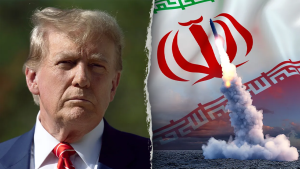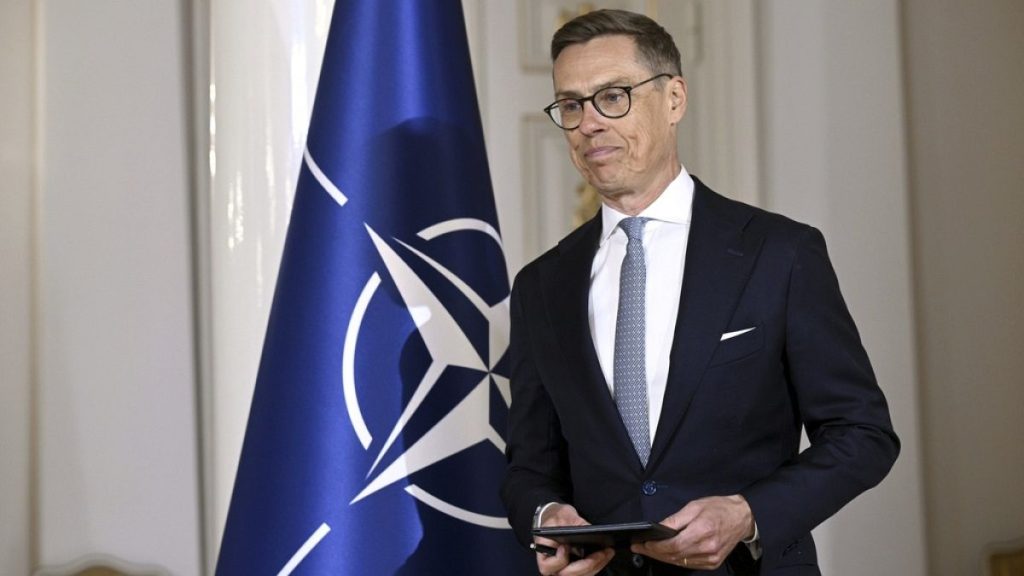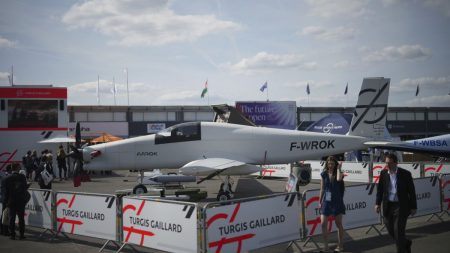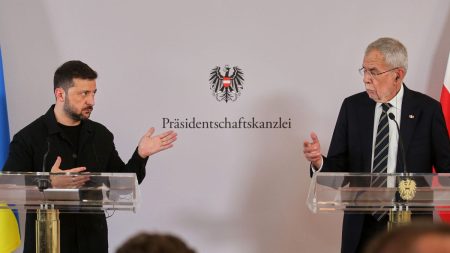The geopolitical landscape of Europe has undergone a dramatic shift, signaling the end of an era of relative peace and stability. This new reality, characterized by escalating tensions and potential threats, necessitates a significant reassessment of defense strategies and priorities. The recent NATO/Baltic Sea summit, hosted by Finland, underscores the growing concern over the vulnerability of critical infrastructure and the need for enhanced security measures in the region. The seizure of an oil tanker suspected of damaging undersea communication cables on Christmas Day serves as a stark reminder of the potential for disruption and sabotage. This incident, along with other reported acts of hybrid warfare, including cyberattacks and assassination attempts, highlights the increasingly complex and multifaceted nature of security challenges facing European nations. Finnish President Alexander Stubb emphasizes the need for a more proactive and robust defense posture, urging European nations to increase defense spending, pool resources more effectively, and strengthen transatlantic cooperation, particularly with the United States.
The Baltic Sea region has become a focal point of strategic competition and potential conflict. With its extensive border with Russia and its critical role in global communication networks, Finland is particularly vulnerable to hostile actions. The damage to undersea communication cables, which carry over 95% of the world’s data, demonstrates the potential for crippling disruptions to global connectivity and economic activity. The accusations of Russian and Chinese involvement in these acts of sabotage further underscore the need for a coordinated and resolute response from the international community. The summit convened in Finland brought together key stakeholders to address these pressing security concerns and to formulate strategies for enhancing the protection of critical infrastructure in the region. NATO Secretary General Mark Rutte’s commitment to deploy drones, frigates, and aircraft to the Baltic region signals a heightened level of vigilance and a commitment to deterring further aggression.
President Stubb’s assessment of the situation reflects a growing sense of urgency among European leaders. He acknowledges the “mal-intent coming from the Russian Federation” and the need for European nations to adapt to this “new normal”. His emphasis on Finland’s preparedness, including its substantial military reserves, highlights the country’s commitment to national defense. However, he also underscores the importance of collective action and the need for European nations to work together to address the shared security challenges they face. Stubb’s call for increased defense spending reflects a growing recognition of the inadequacy of current levels of investment in defense capabilities. He argues that increased spending is essential to ensure that European nations have the resources and capabilities necessary to deter aggression and defend their interests.
The pooling of resources is another key element of Stubb’s vision for a stronger European defense posture. He emphasizes the need for greater collaboration and coordination among European nations in the development and deployment of military capabilities. This approach, he argues, would allow European nations to leverage their collective resources more effectively and to avoid duplication of effort. By pooling resources and sharing expertise, European nations can enhance their overall defense capabilities and improve their ability to respond to threats collectively. This would also enable smaller nations, like Finland, to contribute more effectively to collective defense efforts.
Close cooperation with the United States is also crucial, according to Stubb. He recognizes the importance of the transatlantic alliance in maintaining European security and stability. The United States, with its substantial military capabilities and global reach, remains a vital partner in deterring aggression and responding to crises. Stubb emphasizes the need for continued close collaboration between European nations and the United States in areas such as intelligence sharing, joint military exercises, and the development of interoperable defense systems. This strong transatlantic partnership, he argues, is essential to ensuring the collective security of the Euro-Atlantic region.
Stubb’s call for increased defense spending, resource pooling, and closer cooperation with the United States reflects a growing consensus among European leaders that a more robust and coordinated approach to defense is essential. The escalating tensions in the Baltic Sea region and the increasing sophistication of hybrid warfare tactics underscore the need for a new era of vigilance and preparedness. The end of Europe’s “holiday from history” necessitates a fundamental shift in strategic thinking and a renewed commitment to investing in the capabilities necessary to safeguard national interests and maintain peace and stability in the region. This proactive and collaborative approach to defense is crucial in navigating the evolving security landscape and ensuring the continued well-being and prosperity of European nations.










